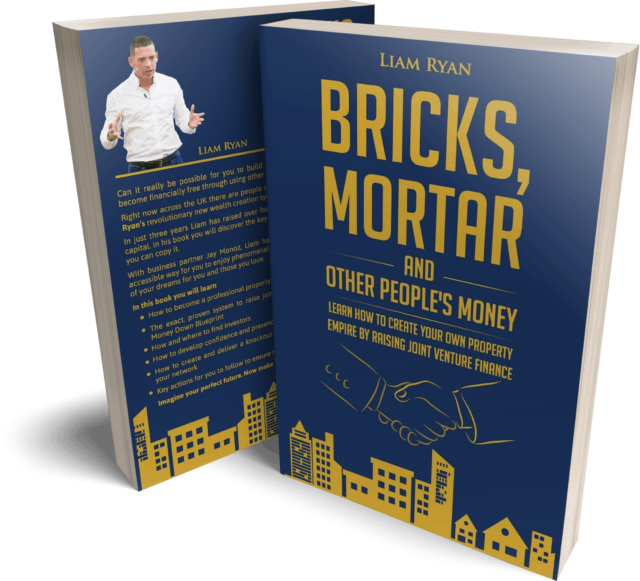Discover the best UK cities to invest in property in 2026, with strong rental demand, high yields, regeneration and growth potential.
Read More
Raising Joint Venture (JV) funding for your property investments can be crucial for sealing deals, but the process can seem daunting. However, once you understand the process of it, you will find that it is a great way to grow your investment portfolio. In this blog post, we will cover the basics of joint ventures, how to determine the right partner and how to structure the deal to ensure that it is profitable for all parties involved.
Table of Contents
ToggleJoint venture partnerships involve two or more entities pooling their resources to invest in a property, share the risk and profits. This partnership can be between family members, friends or business partners. It is important to approach this partnership as a business agreement. Before seeking a joint venture funding partner, it is important to have your investment strategy in place and do your due diligence on the partner. Make sure that the partner aligns with the values you stand for and has a good track record with others.
When looking for a joint venture partner, keep your objective in mind. Consider the strengths and skills your partner brings to the table and what their objectives are. Look for someone with experience in property and financial management. Also, verify their credentials, past projects, and reputation through referrals or online reviews. Compatibility and trust are also important factors to consider when identifying the right partner.
Before engaging in any deal, it’s essential to understand if the partnership you are going into will be profitable. Your partnership agreement should outline the roles and responsibilities of each party, profit-sharing structure, exit options and other important factors. An experienced property attorney can help you outline the agreement. You can structure the deal as a limited partnership, where you have a general partner managing the project, and limited partners investing cash. You can also structure a joint venture as a limited liability company (LLC), where each partner has a share of ownership and profits.
Once you have identified the right joint venture partner and structure of the deal, it is time to present your proposal to them. In your presentation, highlight the investment opportunity, market overview, your experience, potential risks, and profitability. It is essential to be transparent and honest about the investment opportunity, as it will help you develop trust and respect with your potential partner.
After agreeing to your proposal, make sure to implement it efficiently and effectively. Decide on roles and responsibilities that each partner will take on. Lay out a plan and set realistic timelines for project completion. Make sure you continuously communicate with your partner and ensure things are done in a timely manner to avoid misunderstandings. Build a great working relationship, and you may find that this partnership will pave the way for more lucrative deals.
Joint venture partnerships are an excellent way to grow your portfolio while minimizing financial risks. However, when identifying, selecting, and structuring the deal, it is important to do your due diligence to ensure that you work with someone who is trustworthy, experienced and shares the same vision as you. Remember to always have a well-structured partnership agreement in place and keep an open line of communication. By doing this, you could be forming a great working relationship with your joint venture partner and achieve a successful outcome.
Want to level up your social media game? Click here to get your FREE guide!
Discover the best UK cities to invest in property in 2026, with strong rental demand, high yields, regeneration and growth potential.
Read MoreThinking of selling your buy-to-let? Learn how to time the market, manage tax and maximise equity with expert landlord advice.
Read MoreDiscover UK planning permission loopholes, permitted development rights and when you can extend, convert or renovate without consent.
Read MoreLearn what the Bank of England base rate is, how it’s set, and how changes can impact buy-to-let mortgages and property investors.
Read More
Claim Your Free Copy
Assets For Life LTD is a company incorporated in England and Wales with registered number 09935286 and registered offices at Assets for Life Ltd, Suite 105, Waterhouse Business Centre, 2 Cromar Way, Chelmsford, Essex, England, CM1 2QE, United Kingdom.
Assets For Life LTD is registered with the Information Commissioner’s Office, with registration number ZA280607
COPYRIGHT © 2024 ASSETS FOR LIFE, ALL RIGHTS RESERVED. WEBSITE BY AMPLIFY MARKETING